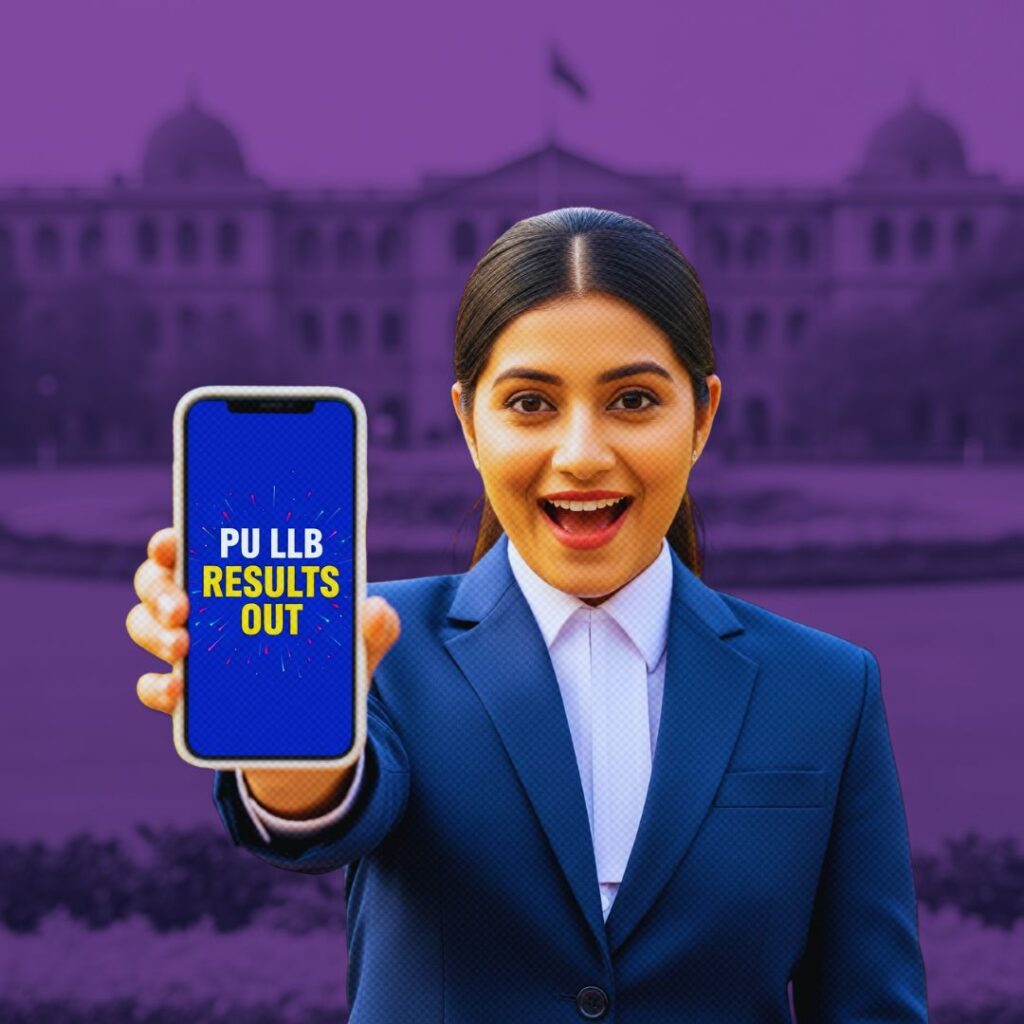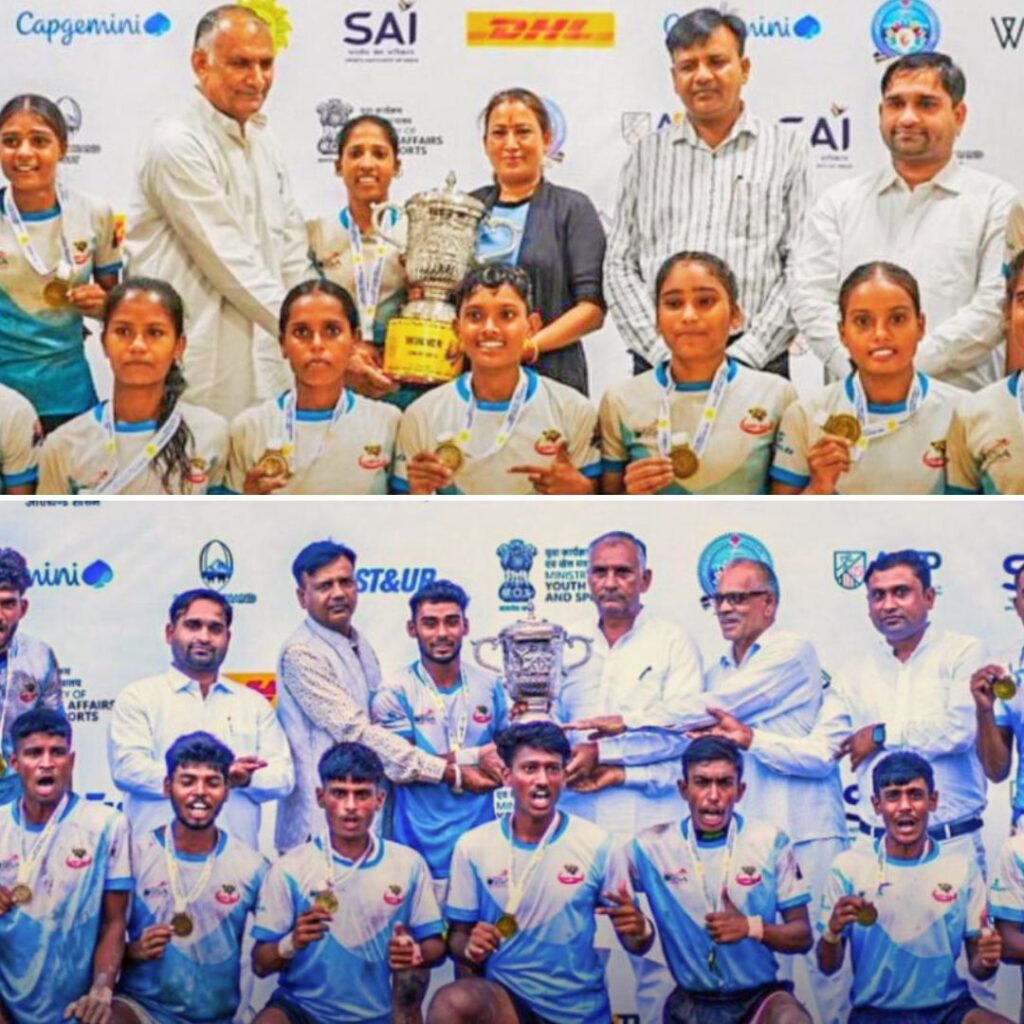It is being alleged that the Central Board of Secondary Examination (CBSE) class XII Economics was leaked ahead of the examination which was held on March 26.
Reports are rife of question paper being circulated through social media and WhatsApp.
CBSE has however denied the claims saying that they have checked with all the examination centres and that there was no paper leak.
The Logical Indian spoke to one of the students who appeared for the Examination. He said, “The students are required to enter the examination hall in advance after which the answer sheets are distributed at around 10 am. However, a group of students entered the Examination hall almost 7-8 minutes later. One of my classmates later revealed to me that the paper was leaked at before 9:30 am.”
Screenshot of Question Paper being shared over WhatsApp
The student added, “Later, I received a screenshot of the message from my classmate having the same questions as that of the question paper. My classmate had received this message on the night of March 25, one day before the examination.”
Handwritten Question Paper Received on March 25 as said by the student.
The Times of India had also reported that a handwritten economics paper was received on the teachers’ group on WhatsApp on March 25, however, it was believed to be just another sample paper designed for students’ practice. The teachers were shocked to find the same questions in the examination paper on March 26.
Denying claims of paper leak, a senior CBSE official said, “We have checked with all examination centres and the paper was not leaked. The source of the circulation of this information is not known yet. We want to urge the students and parents to not panic and assure them that the board is doing its best to ensure sanctity of the examination.”
Delhi Government had received complaints of class XII CBSE accountancy paper being leaked on March 15 after which a probe conducted. CBSE denied the claims even then. The board had said, “There has been no leakage of the question paper. All the seals have been found intact at all exam centres. However, at local level, some miscreants may have circulated messages through WhatsApp and other social media platforms to hurt the sanctity of the exam.”











